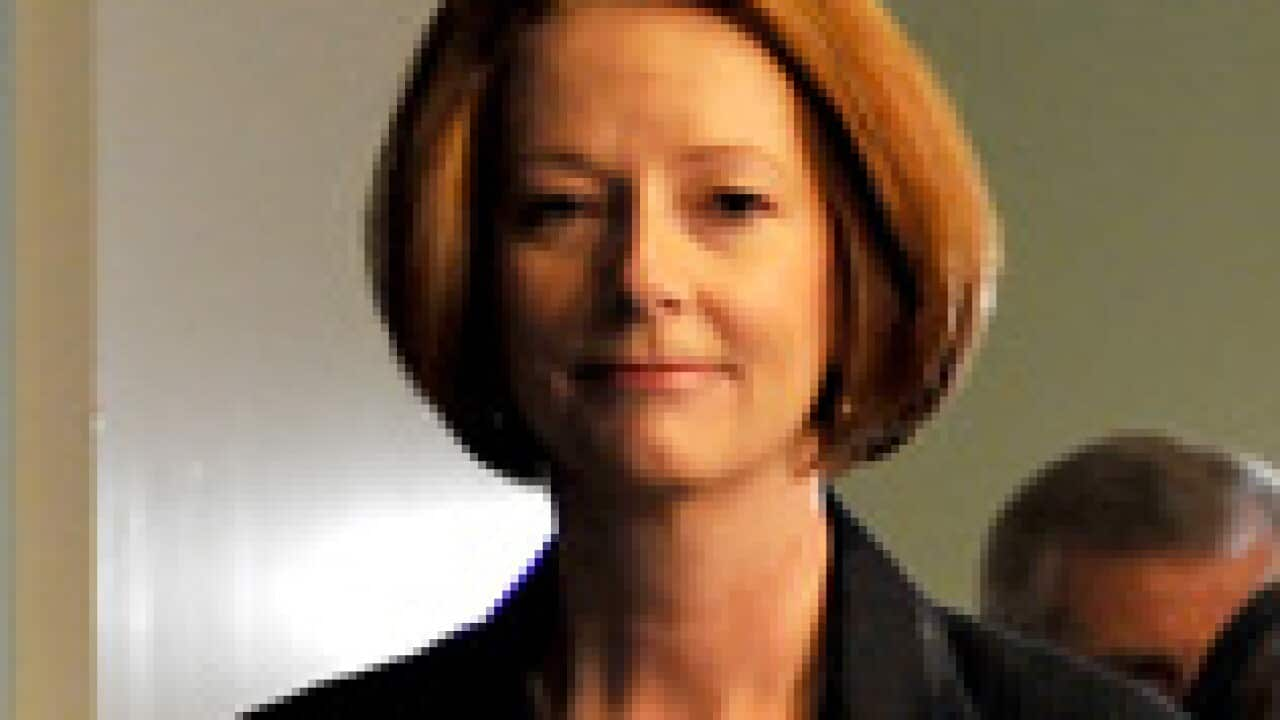Prime Minister Julia Gillard will not release the legal advice her government relied on to argue the validity of the asylum-seeker swap deal with Malaysia.
The High Court this week quashed the arrangement under which up to 800 asylum seekers arriving in Australian waters by boat were to be swapped for 4000 processed refugees from Malaysia.
The government had insisted its legal advice backed the arrangement.
But when asked whether that advice would be made public, Ms Gillard told Sky News on Friday: "We don't routinely release legal advice."
However the prime minister will honour a pledge she made on Thursday to release formal legal advice the Commonwealth solicitor-general will give to the government about the implications of the High Court decision.
That was an exception because it was in the public interest, Ms Gillard said.
Earlier, Ms Gillard warned her own MPs and the opposition not to rush to judgment about what the High Court decision means for asylum-seeker policies.
Labor's Left faction wants their government to maintain onshore processing while the coalition insists the reopening of a detention centre on Nauru is still a lawful option.
Ms Gillard refused to be drawn on whether the government was considering a return to the Howard government's so-called Pacific solution, of which Nauru was the centrepiece.
She was reminded of criticism she made of those arrangements when she was the opposition's immigration spokeswoman.
Ms Gillard at the time said the Pacific solution was costly, unsustainable and wrong as a matter of principle.
"Obviously, I was concerned ... about the way the Howard government created the Pacific solution, about its lack of perspective around regional solutions," she told Sky News.
But Ms Gillard would not say whether she still held those views.
Ms Gillard would not retreat from criticism she made of the High Court, especially Chief Justice Robert French, following the decision.
Senior Liberal figure Eric Abetz said the criticism was "completely unbecoming" of a prime minister.
But Ms Gillard said she had thought it important to explain the "simple facts" to the Australian people.
"There were precedents that obviously those advising us legally drew on," she said.
Ms Gillard dismissed as "a ridiculous statement" the suggestion her criticism breached the separation of powers between government and the judiciary.
"People are entitled to the facts," she said.
"The chief justice's decisions at an earlier point in his judicial career were referred to by High Court judges themselves in their judgments, most particularly in the dissenting judgment."
The separation of powers required the government to accept the decision of the High Court and to get on and respond to it.
"And we will," Ms Gillard said.

